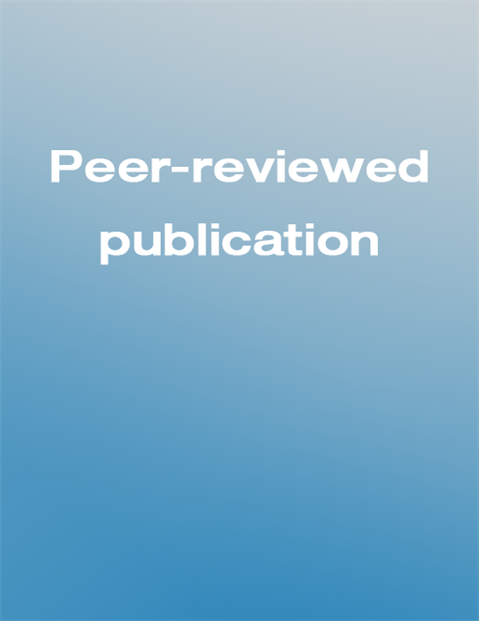Assessment of Anthelmintic efficacy of mebendazole in school children in six countries where soil-transmitted helminths are endemic
26 October 2014
| Publication

Overview
Soil-transmitted helminths (STHs; roundworms, whipworms, and hookworms) infect millions of children in sub-tropical and tropical countries, resulting in malnutrition, growth stunting, intellectual retardation, and cognitive deficits. To fight against STH, large-scale deworming programs are implemented in which anthelmintic drugs (either albendazole (ALB) or mebendazole (MEB)) are administered. Currently, these large-scale programs are intensifying, highlighting the need to closely monitor the efficacy of anthelmintic drugs to detect changes in drug efficacy that may arise through the evolution of anthelmintic drug resistance in the parasites. We have previously defined the minimum expected efficacy of ALB based on the fecal egg count reduction (FECR) rate, but these reference values are lacking for MEB. Therefore, we therefore evaluated the FECR rate of MEB against STHs in six STH endemic countries. In addition, we compared the results of the FECR rate for MEB with those we obtained previously for ALB. The results confirm that MEB treatment was highly efficacious against roundworms, and to a lesser extend against hookworms, but not against whipworms. Compared to ALB, MEB is less efficacious against hookworm, but equally efficacious against roundworms and whipworms. Based on this study we propose the minimum expected FECR rate for MEB-dependent large-scale deworming programs.Access article ONLINE
doi:10.1371/journal.pntd.0003204
Editors
PLOS Neglected Tropical Diseases
Number of pages
11
Copyright
This is an open access article distributed under the terms of the Creative Commons Attribution License, which permits unrestricted use, distribution, and reproduction in any medium, provided the original author and source are credited.
